
(ORIGINAL POST: JULY 2011)
Greetings Chicas/Chicos..I pray all is well with everyone.
So, this is going to be a bit of important reading. But, I felt this needed to be touched upon because unfortunately so many women, men and children suffer from some form of scalp issue or Dermatitis. And I have received many emails in regards to what to do about it..naturally. I mean, let's be honest, we all love our hair, skin and insides and it bothers us if we are ambushed with issues that affect any of these. So, although I don't struggle with any form of Dermatitis, I feel extremely empathetic and would like to try to shed some light as to how to attempt to manage it and feel happy with ourselves naturally.
Having a mother and niece who suffered with Seborrhic Dermatitis, it was especially important to seek natural methods that would help. After my mother and niece began using our Natty products, she has not had any flare ups..Well, this came about about 3 years ago when I cleared out her bathroom linen closet of all products that contained questionable ingredients. I recently spoke with her to check on how her and my niece's scalp were doing and she said it's been so long since they've had any issues that she doesn't believe the condition exist any longer. Just what do they use? Well, I'll include their regimen at the end of the read. As always, each person may vary and I hope this can help even a tad bit for those who do struggle with the condition.
So, what exactly is DERMATITIS?
Dermatitis is a basic term for any type of inflammation of the skin. The cause is not fully understood and there are so many forums that post information that may or may not be accurate. Some of the known causes of internal dandruff can be: poor diet, allergies, dairy products, hormone imbalance and/or stress to name a few. External dandruff can be caused by harsh ingredients such as synthetic colorants, product buildup, poor hygiene, weather changes and dry environmental conditions, similar to eczema. There are a few types of Dandruff.
Types of DANDRUFF..
-
Dry Scalp: Itchy white round flakes on a dry scalp environment
-
Seborrheic Dermatitis: Usually an oily scalp that have large white to yellowish colored flakes and can create sores and bleed.
-
Fungal Dandruff: Oily yellowish and white flakes with crusting and redness (similar in appearance to seborrheic dermatitis)
-
Psoriasis: Dry, silver colored scaly flakes
DERMATITIS VS. ECZEMA
The distinction between the use of dermatitis and eczema to describe skin disorders can be confusing. Many people use the term 'eczema' to refer specifically to Atopic Dermatitis. Eczema is the inflammation of the skin that accompanies dermatitis produces scaling, flaking, thickening, weeping, crusting, color changes and often itching.
So..What Causes DERMATITIS??
-
Allergies/Irritants: Many cases of Dermatitis are simply the result of allergies (Allergic or Contact Dermatitis).
1. perfumes
2. cosmetics
3. rubber
4. medicated creams/ointments
5. latex
6. poison ivy
7. metals or metal alloys such as gold, silver and nickel in jewelry and zippers
8. sunlight (many people with dermatitis are sensitive to sunlight)
-
Atopic Dermatitis: (eczema or infantile eczema, found in children)
This type of Dermatitis is a condition known to affect allergy prone individuals. It typically appears on the face, in the bends of elbows and behind the knees and is very itchy. If other family members have histories of hay fever, asthma, or atopic dermatitis, it is more likely that a child will be diagnosed with atopic dermatitis.
Triggers of this may be:
1. cold or hot weather
2. dry atmosphere
3. allergen exposures
4. stress
5. Infections, such as colds
-
Nummular Dermatitis:
This type of Dermatitis is coin shaped. It is a chronic condition in which round, scaling lesions appear on the limbs (arms, legs, etc) or scalp, face and chest (seborrhea).
Triggers of this may be:
1. Allergy to nickel (often associated with dry skin)
2. Intestinal and immune disorders (dermatitis herpetiformis). Very itchy form of dermatitis.
3. Dairy and/or Gluten products
-
Seborrhea: Characterized by scaly patches of skin that result from a disorder of the sebaceous (oil producing) glands. Most often occurs on the scalp, face and chest, but can appear on other parts of the body. It may or may not be itchy. Usually yellowish and/or greasy or dry and flaky. This form is most common is infancy (cradle cap) and middle age. The exact cause is not known, but may be linked to nutritional deficiencies (especially a lack of biotin and Vitamin A) or the effects of a yeast organism which normally lives in the hair follicles. Heredity and climate can also play a role. Adult Seborrheic dermatitis is often associated with stress and anxiety. Other factors: infrequent shampooing or cleansing, oily skin, obesity, Parkinson's Disease and psoriasis.
-
Also, a very important factor that I've witnessed is the placing of oils on the scalp and leaving them on the scalp. Now, oils are great, especially natural oils that nourish the scalp, however, due to the fact that our scalp produces its own natural sebum can pose a problem when we add additional oil to the scalp. It's like telling the scalp, 'no need to produce oil, I'll just add my own oil'..which in turn can create a malfunction aiding in the prevention of sebum production and clogging of the pores on the scalp. When the scalp does not perform properly, this can lead to issues such as Dry Scalp, Itchy Scalp, Dermatitis and other fungal infections. Oil Treatments can be one way to apply oils to the scalp..BUT, they are shampooed out after about 20-30 minutes or so. The oils have enough time to nourish, yet not clog the pores. It's specifically a treatment. Whenever I have spoken with people who have suffered scalp issues, they would mention that they apply and leave oils on the scalp often. If possible, try to keep the scalp as clear and clean as possible. Another factor to consider is when rinsing using tap water, we must remember, unless we have a filter, tap water contains loads of bacteria, fungi and other contaminants including mineral deposit, that can wreak havoc on the scalp. The use of Raw Apple Cider Vinegar (Bragg's is a great brand) in the form of a rinse or a mist, is helpful due to the vinegars astringent properties and the low acidity helps remove mineral deposit from the scalp as well as serve as a form of protection against bacteria, fungi and other contaminants.
Herbs That Have Been Known To Help DERMATITIS..
-
Blackthorn, blueberry leaf, hawthorne berry and rue (contains flavanoids that are excellent for reducing inflammation.
-
Chamomile (can be taken internally or used to soothe the skin. Reduces inflammation)
-
Dandelion, Yellow Dock Root, Chaparral can be combined and made into a poultice or paste
-
Dandelion, Goldenseal, Myrrh, Pau d' Arco and Red Clover can be combined to make a tea (don't take Goldenseal on a daily basis for more than one week at a time..do not use during pregnancy)
-
Goldenseal Root Powder and Vitamin E and add a little honey until it is the consistency of a loose paste. Apply to affected area to relieve itching and promote healing.
-
Gotu Kola
-
Grapeseed Extract
-
Oregon Grape Root (detoxifies the body and reduces inflammation)
-
Wild Pansy (excellent for psoriasis, acne, eczema and cradle cap in infants)
-
Colloidal Silver is a natural antibiotic that has been known to fight seborrhea
-
Neem (excellent for psoriasis, eczema, cradle cap and dermatitis)
-
Tea Tree oil
-
Rosemary CO2 Extract
-
Cypress Essential OIl
-
Evening Primrose Oil
What to eat..What to avoid eating..What to Use for DERMATITIS.. If possible, try to avoid as much as possible
-
Avoid eggs, peanuts, soy foods, wheat and dairy products
-
Avoid sugar, strawberries, chocolate, white flour, fats, fried foods and processed foods
-
Try a gluten free diet for 6 weeks, then add back into diet one at a time and see if the condition changes..(Gluten free foods will specifically say 'Gluten Free')
-
Try not to eat foods containing raw eggs (which contain avidin, a protein that binds to biotin and prevents it from being absorbed) Biotin is needed for skin and scalp disorders.
-
Keep your house humidified and keep skin hydrated
-
For seborrhic dermatitis: Make a strong concentrated tea of Rosemary, Comfrey, Neem, Tea Tree Oil (add this once tea is made), Dried Nettles and Witch Hazel, and apply it to the scalp after shampooing with a fragrance free cleanser. Leave it on the scalp for 10 or 15 minutes. Rinse
-
Massage Tea Tree Oil mixed with a carrier oil (Jojoba, Argan, Grapeseed, etc) after contact with water or irritants
-
Keep the colon clean. Use fiber supplements such as flaxseed, psyllium husk or Aerobic Bulk Cleanse
-
Evening Primrose Oil and Vitamin B6 have been known to help.
-
Emu Oil
-
Try to change to hair products without chemicals: Ayurvedic shampoo bars are excellent, or all natural cleansers
-
Try to avoid over the counter ointments, this can cause an overload on the skin
-
Also, due to the increase of hormones pumped into various meats, try to look for hormone free organic free range meats
-
Follow a fasting program once per month ( I love the Master Cleansewww.themastercleanse.com )
-
Ingredient knowledge should be your new best friend. Look for products with as many organic natural ingredients that aid in minimizing dermatitis. Steer clear of products, even ones that label themselves as 'natural' that scent using synthetic fragrances. Synthetic fragrances usually contains over hundreds of unknown chemicals that can be damaging and cause scalp flare ups. Fragrance free or products scented using essential oils and/or hydrosols are great, though they may be a tad bit more pricey.
MY MOTHER AND NIECE'S REGIMEN FOR HEALTHY SCALP
-
PRE CLEANSE: Massage in ACV HAIR + SCALP RINSE and allow to sit on the scalp for 20-30 minutes. Rinse.
-
HAIR + SCALP TREATMENT: Apply to damp scalp and hair and work through to the ends of scalp. Enjoy for 30 minutes.
-
CLEANSE: Dudu Osum Shampoo (contains Black Soap, Neem and Tea Tree- all excellent for dermatitis)
-
DEEP CONDITION: Nourishing Deep Conditioner
-
ACV HAIR + SCALP RINSE: Spray onto scalp and hair and leave in
-
LEAVE IN MOISTURIZER: Moisturizing Leave In Condition
-
SEAL: Hair + Body Butter
My Beautiful Mom and Niece ( I can't believe she's 17!!)




Whew, I know that was a lot, but again, it is a serious subject and it's better to equip yourselves with as much knowledge as possible.
Note: I am not a doctor, nor am I in the medical profession so before any treatment recommended, if you have questions or concerns about possible dermatitis, please consult a homeopath, naturopath or other knowledgeable medical professional.
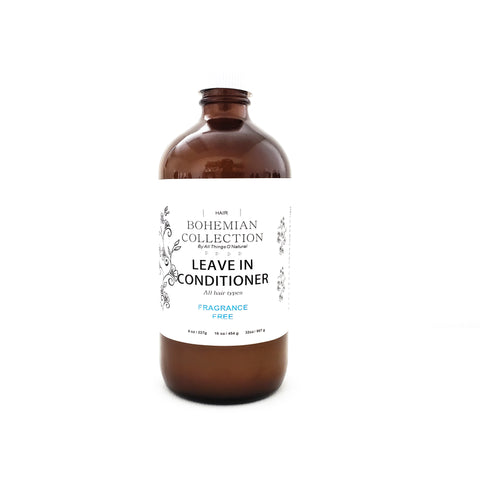
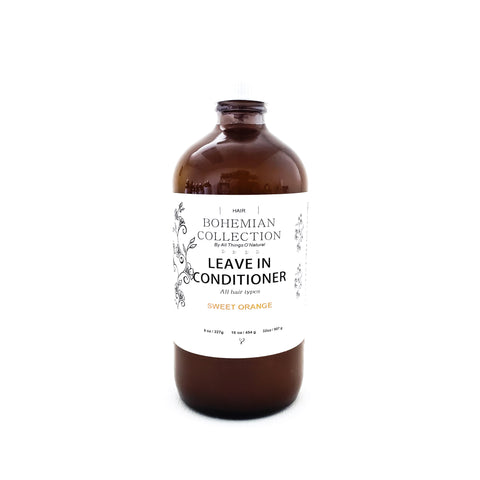
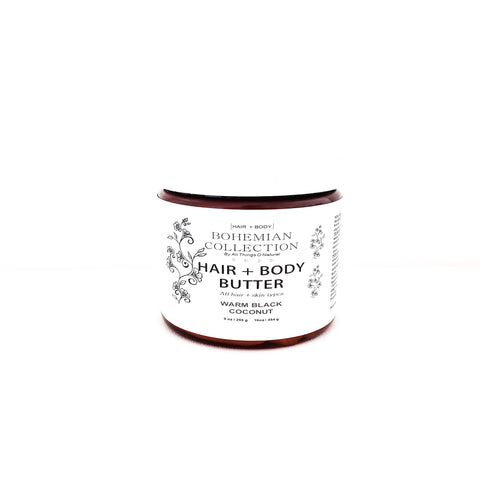
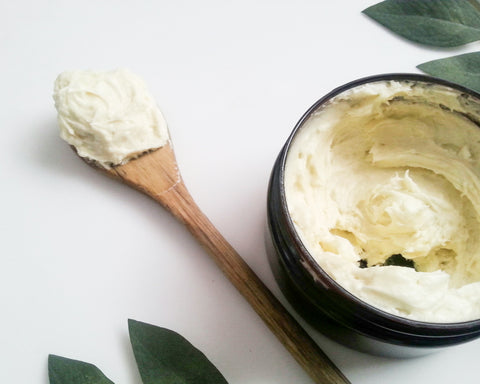
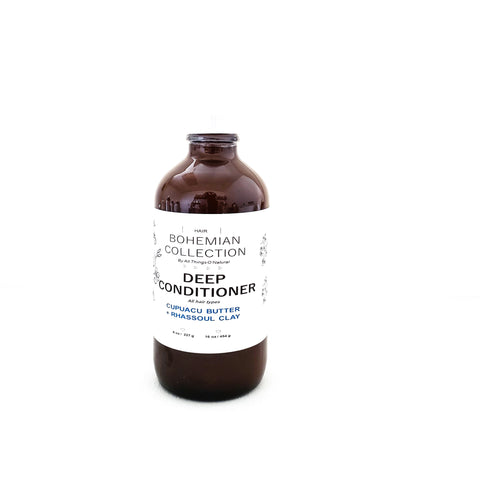
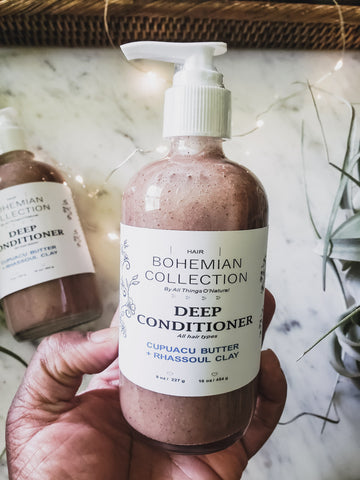
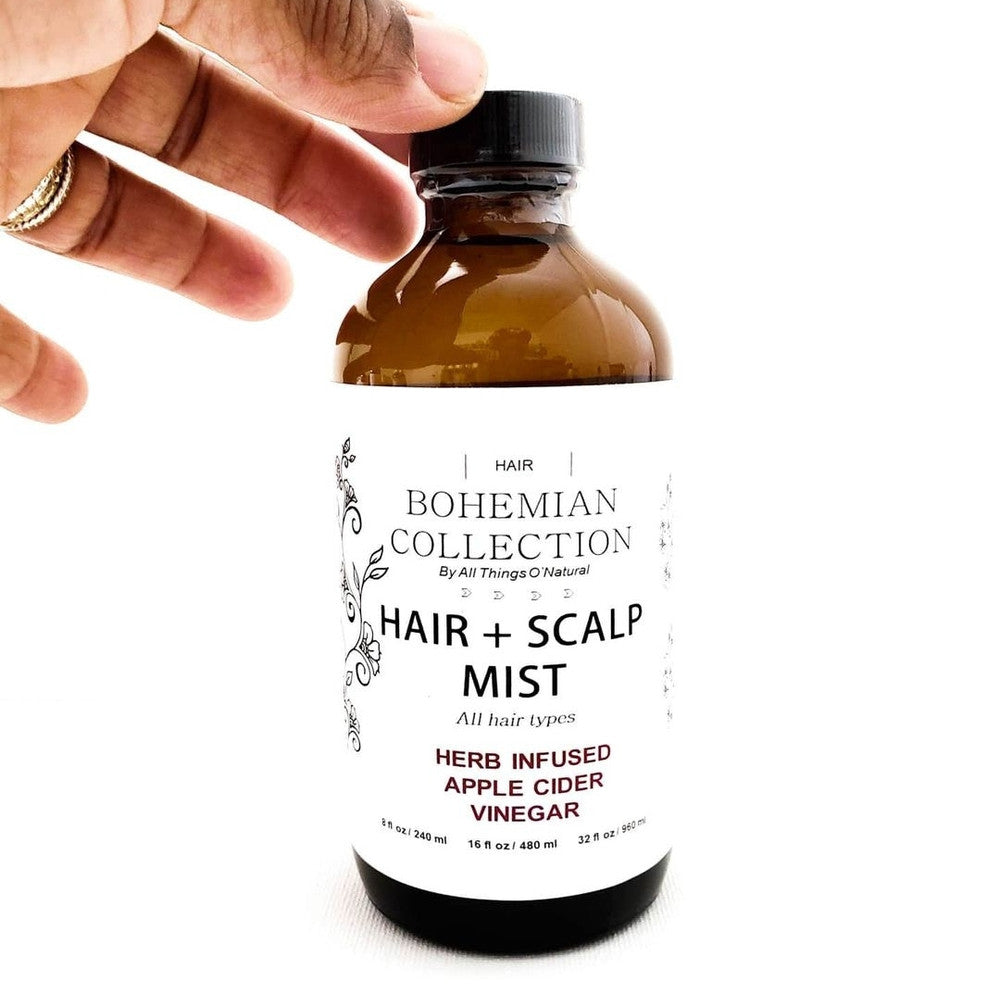
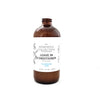
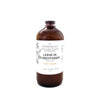
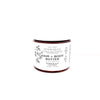

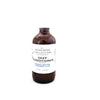

I would like to thank you from the bottom of my heart for your mission, drive, knowledge, and dedication to such a beautiful part of life. Your words of wisdom and encouragement are recognized. I have been struggling with various skin issues which I have come to learn are a result of all the things you speak about including diet, different chemicals and environment. I am truly grateful to know that there is an entire family that is dedicated to bring peace wisdom and understanding. I will be ordering quite a few products as I have been reading your blog and following your journey for a while. It is time to get back on track for me personally and start taking better care of my body mind and spirit. I am engaged to be married to my best friend and he has a young son. You and your family are an inspiration! Many blessings to you and your family. I pray that love , joy, peace, goodness continue to manifest in your lives.
Sakinah